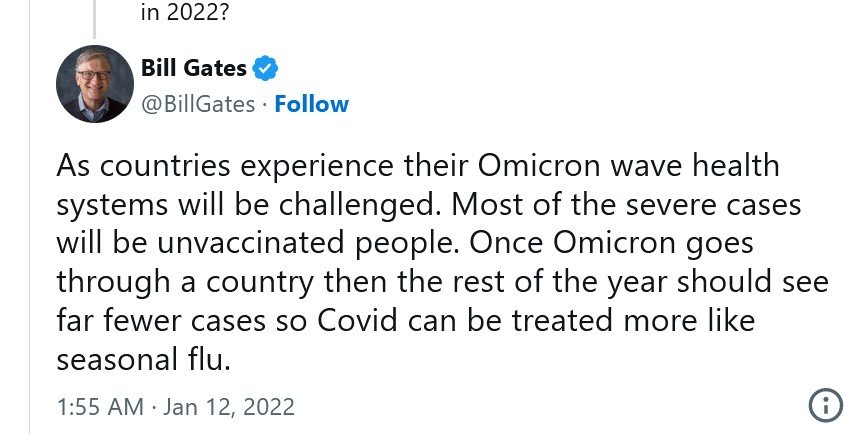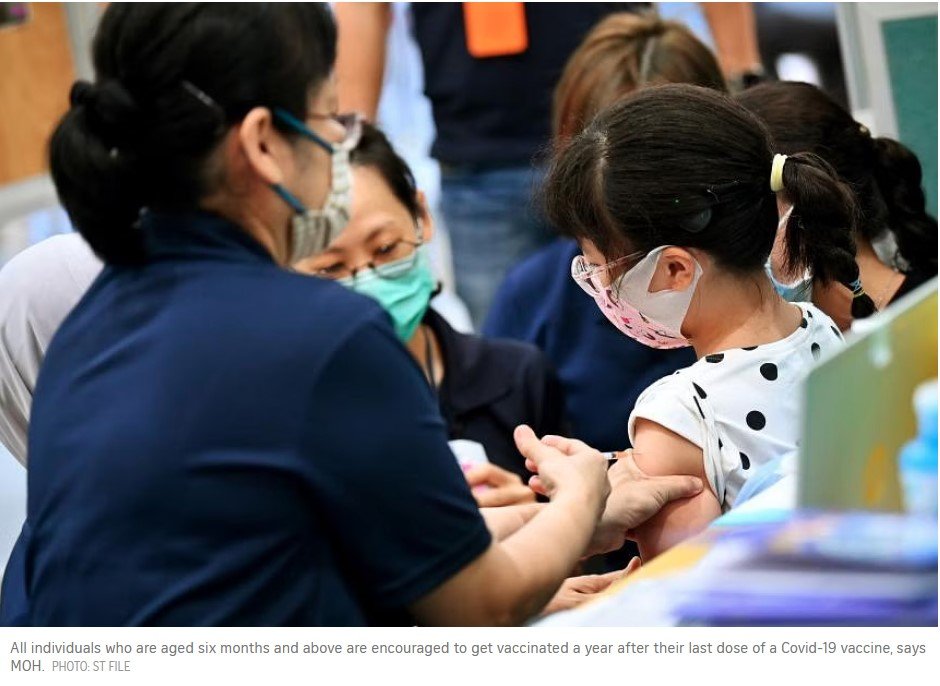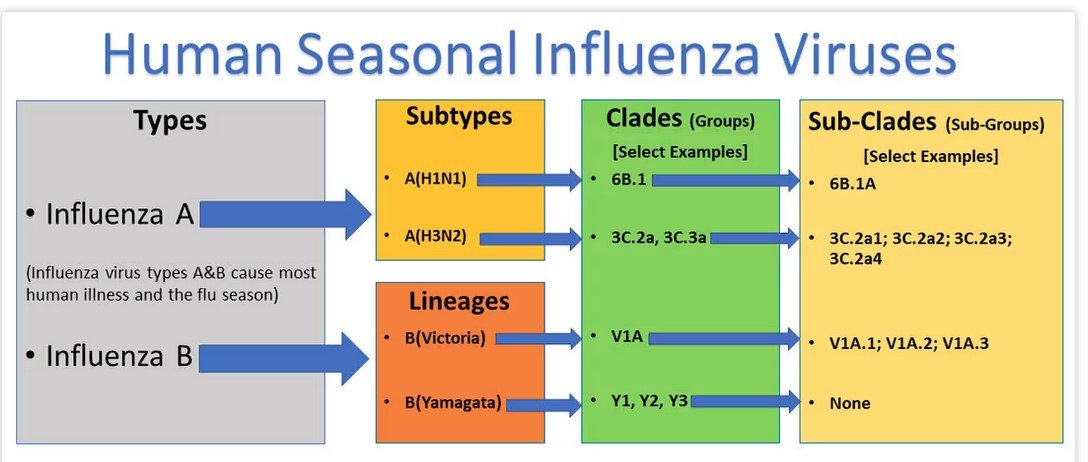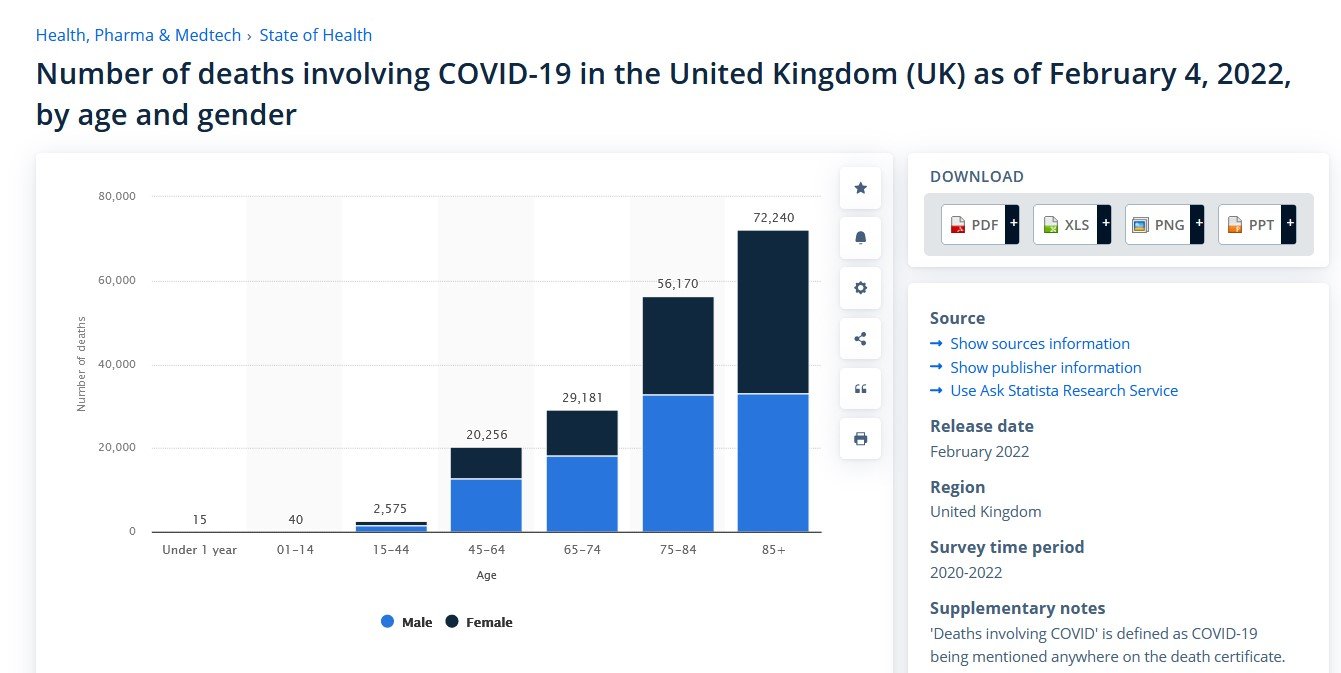-
Posts
36,997 -
Joined
-
Last visited
-
Days Won
6
Content Type
Events
Forums
Downloads
Quizzes
Gallery
Blogs
Everything posted by TallGuyJohninBKK
-
Gotta love this Trump-Fox News craziness reported in USA Today: Fox News calls Trump a ‘sex god,’ RFK Jr. has a brain worm and I want off this planet ... Daniels’ descriptions of her alleged brief — ugh — affair with the man who’s now the Republican Party’s presumptive presidential nominee prompted Fox News host and apparent misogynist Greg Gutfeld to suggest it all demonstrated Trump’s sexual prowess: “Truly, he screwed the brains out of her—that makes him a sex god.” I don’t know exactly what’s wrong with Mr. Gutfeld or how sewage entered his soul, but I do know that repulsive statement caused thousands of Americans to lose their lunch. It made me want to pilot a rocket ship into the sun, as it’s clear humanity’s time is up. https://www.msn.com/en-us/news/opinion/fox-news-calls-trump-a-sex-god-rfk-jr-has-a-brain-worm-and-i-want-off-this-planet/ar-BB1maJDB Greg Gutfeld Makes Truly Vile Comments About 'Sex God' Trump And Stormy Daniels https://www.yahoo.com/entertainment/greg-gutfeld-makes-truly-vile-120736638.html And more reported here: https://www.mediaite.com/tv/gutfeld-on-trump-and-stormy-daniels-he-screwed-the-brains-out-of-her-that-makes-him-a-sex-god/
-
The only way to know for sure about COVID is to test, either (expensive) RT-PCR type at the hospital, or (inexpensive) rapid antigen tests at home, ideally, done a couple times in succession to confirm the result. Because, with the latest variants, it seems the RAT tests tend not to always recognize the virus until the person is a couple of days into the infection (assuming there is one). Otherwise, it's just guessing. Per the U.S. CDC: "Antigen tests produce results quickly (within minutes), and most can be used at the POC or at home. Most self-tests, or at-home tests, are antigen tests. Antigen tests are better at detecting a SARS-CoV-2 infection when someone has COVID-19 symptoms compared to if they do not. Antigen tests for SARS-CoV-2 are generally less sensitive than real-time reverse transcription polymerase chain reaction (RT-PCR) and other nucleic acid amplification tests (NAATs), which detect and amplify the presence of viral nucleic acid. ... All initial negative antigen test results should be confirmed with a NAAT or repeated with additional antigen tests following FDA’s recommendations on repeat testing." https://www.cdc.gov/coronavirus/2019-ncov/lab/resources/antigen-tests-guidelines.html
-

Thai Banks To Face Rigorous Compliance Regulations Starting June
TallGuyJohninBKK replied to webfact's topic in Thailand News
From everything I can recall reading on this topic here over the years, "mule" accounts would seem to be predominantly a Thai thing used by local criminals and big money types to avoid having all the transactions and balances under their own names, in an attempt to gain some guise of anonymity. -
An interesting selection of comments from the UN meeting as reported by the UN: (comments from the U.S., UK, China, Russia, Pakistan, Israel and others also are posted on the UN link below) President of the General Assembly Dennis Francis: Middle East on course for ‘full-scale catastrophe’, warns Francis Mr. Francis said from the podium of the Assembly Hall that the Israel-Palestine crisis was the original crisis before the world body when it was founded in 1946. Peace has remained elusive, and today has become an untenable situation that is deteriorating "at an alarming speed", he told delegates. This is “bringing countless innocent victims into its deadly fold and pushing the region further to the brink of full-scale catastrophe”. ------------------------------------- On behalf of the Arab Group, Mohamed Issa Hamad Mohamed Abushahab, Permanent Representative of the United Arab Emirates to the UN, introduced the draft resolution, saying it recommends that the Security Council reconsider Palestine’s full UN membership application. “Today marks a defining moment,” he said. The State of Palestine has demonstrated that it deserves full membership in the international community by acceding to international treaties, adhering to the UN Charter and meeting requirements of statehood. In addition, more than 140 countries now recognise Palestine as a State, he said. ----------------------------------------------------------- French Ambassador Nicolas de Rivière Reiterating his country’s condemnation of the terrorist attacks by Hamas and other groups on 7 October, Ambassador de Rivière stated France’s demand for a ceasefire and release of all hostages. “The offensive that has started in Rafah risks causing numerous victims and displacing people at a time where nowhere can be deemed safe today in Gaza. There is further risk of disrupting delivery of aid,” he said, expressing his country’s opposition to the military operation. “All parties must do everything they can to protect civilians and guarantee access for humanitarian aid. It is high time to mobilise for a political solution,” he added. https://news.un.org/en/story/2024/05/1149596
-
Hmm... not quite the same thing: "Earlier this month Israeli media reported that Israel was buying 40,000 tents to prepare for the evacuation of Palestinian civilians from Rafah. On Wednesday Reuters quoted Israeli government sources as saying each tent could hold between 10 and 12 people." PS - thanks for your link!
-
Do you have some source to offer here substantiating that statement. I can't find anything saying that. This is the 400,000 people reference that I'm finding: UN says over 400,000 people displaced in Gaza, appeals for $300 million October 13, 2023 GENEVA (Reuters) - The U.N. humanitarian office (OCHA) said early on Friday that more than 400,000 people had fled their homes in the Gaza Strip and 23 aid workers had been killed since the start of Israeli retaliatory strikes in response to a deadly Hamas incursion. ... "Mass displacement continues. In the Gaza Strip, the cumulative number of internally displaced persons (IDPs) increased by 25% over the past 24 hours, now exceeding 423,000, of whom over two thirds are taking shelter in UNRWA schools," OCHA said, referring to the U.N. Palestinian refugee agency. [emphasis added] https://au.news.yahoo.com/un-says-over-400-000-061203909.html
-
Because the world is watching: Battles rage around Rafah’s edge as more than 100,000 flee the city Heavy fighting between Israeli troops and Palestinian militants raged east of Rafah in the southern Gaza Strip on Friday, as terrified residents jammed roads out of the city, many of them fleeing once again for their lives without any guarantees that they would find safety. ... At least 110,000 people have fled Rafah as Israel’s bombardment there intensifies, according to U.N. agencies, and the closure this week of two main entry points for aid has accelerated the humanitarian crisis in southern Gaza. ... Israel for months said it planned to pursue Hamas militants in Rafah, on the border with Egypt, framing any offensive there as necessary to its goal of eliminating the group. It launched what it said was a limited operation to seize the Rafah border crossing on Tuesday. But aid agencies and the United Nations, as well as Israel’s closest allies, have all warned against a full-scale invasion of the city, saying the toll on the more than 1 million people sheltering there would be nothing short of catastrophic. Washington Post https://archive.ph/FKLKf
-
I would take the General Assembly resolution on this as a sign that many in the international community, while supporting Israel's right to exist and sovereignty, nonetheless believe the country has gone too far in the ways it has pursued its retaliatory war campaign against the Palestinians. US says Israel may have breached international law with American weapons in Gaza https://www.bbc.com/news/world-us-canada-68984999 The report said the UN and humanitarian organisations had described Israeli efforts to mitigate civilian harm as "inconsistent, ineffective and inadequate". UN general assembly votes to back Palestinian bid for membership Assembly votes 143 to nine, with 25 abstentions, signalling Israel’s growing isolation on the world stage ...the vote was a resounding expression of world opinion in favour of Palestinian statehood, galvanised by the continuing bloodshed and famine caused by Israel’s war in Gaza. ... The other nations which voted against the resolution were Argentina, Czechia, Hungary, Israel, Micronesia, Nauru, Palau and Papua New Guinea. The UK abstained. https://www.theguardian.com/world/article/2024/may/10/un-support-palestine-membership The U.S. probably would veto the Palestinian membership resolution should the issue come to the Security Council, as per the Guardian report above: "The US mission to the UN, which voted against the resolution, warned that it would also use its veto again if the question of Palestinian membership returned to the security council for another vote." But the overwhelming General Assembly vote is still sending a clear message. And apparently, the General Assembly action gives Palestinians new rights in the General Assembly even in the absence of a Security Council vote: Per the Guardian report above: "Palestinian diplomats will have the right to introduce proposals and amendments, they can be elected to official posts in the full chamber and on committees, and will have the right to speak on Middle Eastern matters, as well as the right to make statements on behalf of groups of nations in the assembly. But the resolution also makes plain that “the state of Palestine, in its capacity as an observer state, does not have the right to vote in the general assembly or to put forward its candidature to United Nations organs.” As per reporting from CNN: UN member nations vote overwhelmingly to back Palestinian membership bid United Nations (CNN) — A United Nations resolution in support of Palestinian membership passed with overwhelming support on Friday, and granted new privileges to the Palestinian Authority in its current capacity as a non-member observer state. ... Only member states can vote, but the Palestinian Authority can now be seated among member states in alphabetical order; submit and introduce proposals and amendments; and co-sponsor proposals and amendments. It can also make statements and explanations of votes, and has the right to reply on behalf of a group within the UN. It can also request proposals to be put to a vote and request items to be put on the UNGA’s provisional agenda. https://www.cnn.com/2024/05/10/middleeast/unga-palestinian-membership-resolution-intl/index.html
-
What Is COVID-19 Reinfection? Reinfections are most often mild, but severe illness can occur. If you are reinfected, you can also spread the virus to others... As the virus evolves, new variants with the ability to evade your existing immunity can appear. This can increase your risk of reinfection. Reinfection can occur as early as several weeks after a previous infection, although this is rare. https://www.cdc.gov/coronavirus/2019-ncov/your-health/reinfection.html What doctors wish patients knew about COVID-19 reinfection Reinfection is problematic “It can be problematic if you are reinfected,” Dr. Rouhbakhsh said. “We know from a pretty elegant study that was recently published in Nature Medicine that each subsequent COVID infection will increase your risk of developing chronic health issues like diabetes, kidney disease, organ failure and even mental health problems.” Such evidence “dispels the myth that repeated brushes with the virus are mild and you don’t have to worry about it,” he added, noting that “it is akin to playing Russian roulette.” That is why “you want to try to avoid reinfection if possible. That should not be the mechanism by which you aspire to get immunity from the virus,” Dr. Rouhbakhsh said. https://www.ama-assn.org/delivering-care/public-health/what-doctors-wish-patients-knew-about-covid-19-reinfection "Altogether, the findings show that reinfection further increases risks of all-cause mortality and adverse health outcomes in both the acute and postacute phases of reinfection. The findings highlight the clinical consequences of reinfection and emphasize the importance of preventing reinfection by SARS-CoV-2." https://www.nature.com/articles/s41591-022-02051-3
-
Regarding the elderly: Because even though in the UK the average age of a person dying from COVID has been high, the demographics show that those people would still have years left to live, on average, if they could be protected from dying prematurely from COVID. Regarding the rest: Because even though they have lower COVID death rates than the elderly, they still died from COVID in sizable numbers around the world. And protecting those people from dying prematurely from COVID (reducing their risks of COVID death) via vaccination gave them even more years to live by avoiding what otherwise would have been premature COVID deaths, on average. As posted just a bit earlier in this thread:
-

Thailand Confirms 13 Cases of New Covid FliRT Sub-variants
TallGuyJohninBKK replied to webfact's topic in Thailand News
Not surprisingly, you're taking out-of-context what Gates actually said on that point. What he really said was that after the huge spike in COVID cases from the Omicron surge, there should be fewer cases in the ensuing year and thus COVID could be treated more like the flu during that interlude (because the population would have temporary, high level of infection-induced immunity. He was NOT claiming that COVID is the same as the flu, or that the COVID pandemic should have been treated like the flu. "Gates touched on that scenario in his Twitter Q&A, predicting that “omicron will create a lot of immunity, at least for the next year.” https://www.cnbc.com/2022/01/12/bill-gatescovid-can-be-treated-more-like-seasonal-flu-after-omicron.html -
No it doesn't.. And yes, the age of COVID deaths in the UK and elsewhere has been periodically reported, including in posts here on this forum. But none of that changes the fact that older people who die from COVID, on average, would have otherwise had years left to live, because those who actually survive into their 70s and 80s (absent COVID) have longer life expectancies on average than the overall population averages at large. But, it is a common claim that COVID deniers make it order to falsely minimize the impact of the pandemic. Average Covid-19 victim dies years before they otherwise would What was claimed The average age of Covid-19 deaths is higher than the average life expectancy, which means that people who get Covid live longer. Our verdict This isn’t how life expectancy works. Life expectancy is an average, pulled down by people who die young. As you age, your life expectancy increases. People dying from Covid-19 lose about a decade of life on average. https://fullfact.org/news/boris-johnson-whatsapp-covid-life-expectancy-cummings/
-
SINGAPORE – As the Covid-19 virus continues to evolve, the Ministry of Health (MOH) and Singapore’s Expert Committee on Immunisation (ECI) continue to recommend an additional dose in 2024 for those who are medically vulnerable. They also encourage all who are aged six months and above to get vaccinated a year after their last dose. This is in response to a recent study by the NUS Yong Loo Lin School of Medicine (NUS Medicine) and Duke-NUS Medical School, which said the immune response from two doses of mRNA vaccine is enough to protect children against Covid-19 and that a third dose is not needed as it does not extend the benefit. In an e-mail to the media, MOH said it is aware of a recently published local study but it continues to stand behind the analysis of its own local data... It demonstrated that the protection against hospitalisation in local children increased from 66 per cent with two vaccine doses to 73 per cent with three vaccine doses. (more) https://www.straitstimes.com/singapore/covid-19-booster-dose-encouraged-for-kids-says-moh-after-nus-study-shows-3rd-jab-not-needed Looks like Singapore is following a similar COVID vaccine policy to that in the United States, where the CDC has recommended everyone age 6 months and above get vaccinated with the newest XBB-variant COVID vaccine.
-

Worlds most inefficient a/c system in my condo
TallGuyJohninBKK replied to DonniePeverley's topic in General Topics
I've lived in the same rented home in Thailand ever since I moved here many year ago... Originally, it came with a large and very old floor standing air con in the main kitchen-living room area that literally gulped electric, and didn't do a great job of keeping the living area very cool. Eventually, after many years, persuaded my landlord to go half-half with us on a large new inverter aircon that does a much better job of cooling. And, with the change, it's probably shaving a couple thousand baht off our electrical bill most months. Ends up paying for itself in about one year's time. -
The flu has a lot of different variant names as well, though people may not be as familiar with them. "There are four types of influenza viruses: A, B, C, and D. Influenza A and B viruses cause seasonal epidemics of disease in people (known as flu season) almost every winter in the United States. Influenza A viruses are the only influenza viruses known to cause flu pandemics (i.e., global epidemics of flu disease). ... Influenza A viruses are divided into subtypes based on two proteins on the surface of the virus: hemagglutinin (H) and neuraminidase (N). There are 18 different hemagglutinin subtypes and 11 different neuraminidase subtypes (H1 through H18 and N1 through N11, respectively). While more than 130 influenza A subtype combinations have been identified in nature, primarily from wild birds, there are potentially many more influenza A subtype combinations given the propensity for virus “reassortment.” Live and learn.... https://www.cdc.gov/flu/about/viruses/types.htm
-
This is UK COVID deaths data by age group for the first two years of the pandemic: The elderly made up the largest share of COVID deaths, but there were sizable deaths as well among several younger age groupings. https://www.statista.com/statistics/1291744/covid-19-deaths-in-the-united-kingdom-by-age-and-gender/
-

Thailand Confirms 13 Cases of New Covid FliRT Sub-variants
TallGuyJohninBKK replied to webfact's topic in Thailand News
A bit more background on the latest FLiRT COVID variants, which are not just in Thailand, but many other places as well: -

Thailand Confirms 13 Cases of New Covid FliRT Sub-variants
TallGuyJohninBKK replied to webfact's topic in Thailand News
And Thailand at the national level right now appears to have NO national COVID vaccine policy (unless being absent is a policy). So, obviously, each country makes their own choices about what they think is best / most affordable / etc. -
Yikes!!! Were there any decent, clean, modest hotel options available there in the $100 to $200 range? I'm thinking there had to have been. As I mentioned above, I checked out AirBNB and VRBO prior to my U.S. (L.A.) trip last year, and didn't find anything in any area / setting I'd want to stay for anything close to the $100 per night hotel rate I ended up booking.
-

Thailand Confirms 13 Cases of New Covid FliRT Sub-variants
TallGuyJohninBKK replied to webfact's topic in Thailand News
Because the U.S.'s past experience with the level of COVID illness among young people there, sometimes serious, who often haven't been vaccinated, makes them feel that the reward-risk balance favors vaccination.












